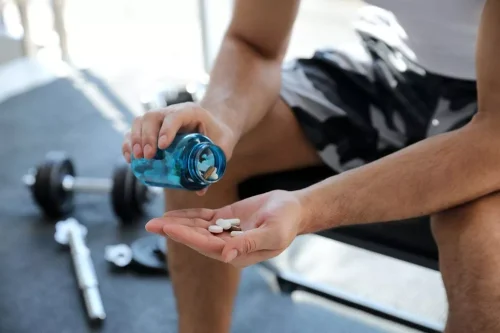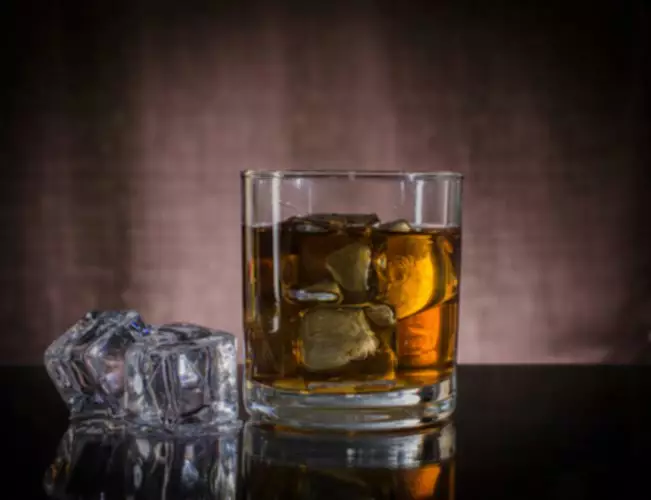- June 11, 2021
- Posted by: wrld
- Category: Sober living

Vitamins are crucial in recovery as they help with overall health. However, vitamins do not play a role in helping a person stay sober. Additionally, chronic alcohol use may cause issues with metabolism, utilization, and absorption of vitamins. Some studies also show that chronic alcohol intake can affect the gut and lead to digestive problems. This article will outline the most essential vitamins for alcohol addiction recovery and food sources of these vitamins. Certainly, alcohol can beat up our bodies and leave some permanent damage.
Common Questions About Vitamins for Drinkers
Some nutrients are crucial for proper brain or body functionality, so it’s important to follow the right regimen of vitamins for alcoholics and addicts in recovery. For the average person who is eating a well-balanced, healthy diet, supplements of vitamins B and C are often unnecessary. However, alcohol abusers will find that a holistic approach to recovery that integrates a nourishing diet and this type of vitamin supplementation best vitamins for recovering alcoholics helps them through the process. Concentrating on regaining good health can maximize the chances of success in recovery from addiction and set recovering alcoholics on the right path to a new life. For those in the withdrawal phase, the most common food craving is sugar. One reason this occurs is because blood sugar levels are known to fluctuate during early recovery, causing someone to crave sugar more than usual.
How can vitamins help with detox?
More research is needed, but early studies suggest that CBD may help with pain management, anxiety, alcohol cravings, and even liver and brain damage linked to excessive drinking. Despite its presence in marijuana, CBD itself does not cause an individual to feel high. If you can find a pure or reliable source of CBD, it might be worth trying as a supplement for alcohol withdrawal.
Should I Take Vitamins During Alcohol Detox?
It’s recommended to consult with your doctor before beginning a new vitamin regimen to assure appropriate, personalized dosage and vitamins. There are two different types of vitamins, fat soluble and water soluble. Fat soluble vitamins can be stored in the body while water soluble vitamins cannot. Increased alcohol can lead to heart issues, sleep disturbances, cancer, cirrhosis, dementia, diabetes, organ failure, and many other conditions. If you think supplements might help support your recovery, schedule a free chat with me.

- Some studies also show that chronic alcohol intake can affect the gut and lead to digestive problems.
- Individuals with alcohol use disorder may experience deficiencies in vitamins such as vitamin B.
- Nutritional therapy, a treatment approach that involves nutrition education, changing your diet, and adding supplements, can help balance out this loss.
- This is the same program I use with my clients, who report the same results.
- They’ll help you create a diet that addresses your unique health situation, weight, and personal diet needs.
- After implementing the protocol, Shiling analyzed three months of data and found that of 57 patients admitted to CeDAR for alcohol use disorder, 22 received IV thiamine.
- More research is needed, but early studies suggest that CBD may help with pain management, anxiety, alcohol cravings, and even liver and brain damage linked to excessive drinking.
When you drink alcohol, it releases a burst of dopamine, serotonin, and other “feel good” chemicals in your brain. With prolonged alcohol use, your body can come to rely on alcohol to feel good, and crave the boost in feel good chemicals. When someone stops drinking, their dopamine and serotonin levels are initially depleted, so it’s common for them to seek out other sources of comfort and pleasure to compensate. For many people in the withdrawal phase, this results in cravings for specific foods.
Essential Nutrients for Alcohol Recovery Diet
The causes of addiction cannot be traced to a single deficit; rather, it is the result of a complex interplay of genetic, environmental, and neurological factors. The disruption of the reward system in the brain is a significant factor in the development of addictive behaviors, though. Neurotransmitters like dopamine are released through the brain’s reward system, and they are essential for reinforcing enjoyable experiences. This mechanism can be overridden by substance abuse or other behavioral addictions, which result in an aberrant dopamine spike and an excessive sense of reward.
- According to published studies, the activities and functions of important vitamins and minerals including vitamin B9 and vitamins D, C and E are impaired by chronic ethanol consumption [51,79].
- Alcohol stimulates the hypothalamus, which plays a role in managing food intake.
A diet tailored for alcohol recovery aims to replenish essential nutrients, support liver repair, enhance cognitive function, and promote overall well-being. Multivitamins typically contain adequate amounts of necessary vitamins and minerals for the day. These are recommended due to the decreased intake and absorption from chronic alcohol intake, putting alcohol drinkers at higher risk for deficiency.

How Do You Stop Unhealthy Cravings?
However, some doctors dispute the use of vitamin C supplements and no official guidelines exist for treatment during alcohol withdrawal. Read on to learn more about alcohol withdrawal syndrome, including the signs, symptoms, and detoxification process. A bonus is that many of these foods are an excellent source of thiamine and zinc, two nutrients that recovering alcoholics often need the most.
During this period, when your body is adjusting and healing, it is important to have a healthy diet and nutrition to support you in your new alcohol-free lifestyle. There were also associations between both vitamin C and vitamin B9 [117,118] while the molecular basis is unknown. Vitamin B9 is required for the transformation of Hcy into methionine as well as the generation of deoxythymidine monophosphate (dTMP) from deoxyuridine monophosphate (dUMP) [119]. Even though vitamin C consumption has been shown to raise circulation levels of vitamin B9 and lower Hcy levels [118,120,121], the relationship between them remains unknown.

- People who consume more than 12 drinks a week (women) or 15 drinks a week (men) are more likely to become alcoholic.
- Protein is the building block your body needs to repair itself, whether that’s after a workout or after malnourishment from chronic alcohol use.
- Balancing social drinking and dietary supplements requires careful consideration of your overall health and nutritional needs.
- These include supplements for alcohol cravings, repairing your liver, and rebalancing your nervous system.
In some cases, the sugar content of these beverages actually exceeds the sugary foods listed above. Alcohol can disrupt the gut microbiota and promote an overgrowth of “bad” https://ecosoberhouse.com/ bacteria. When you cut out alcohol, your gut works to regain its natural balance, which can improve digestion, absorption of nutrients, and serotonin production.


